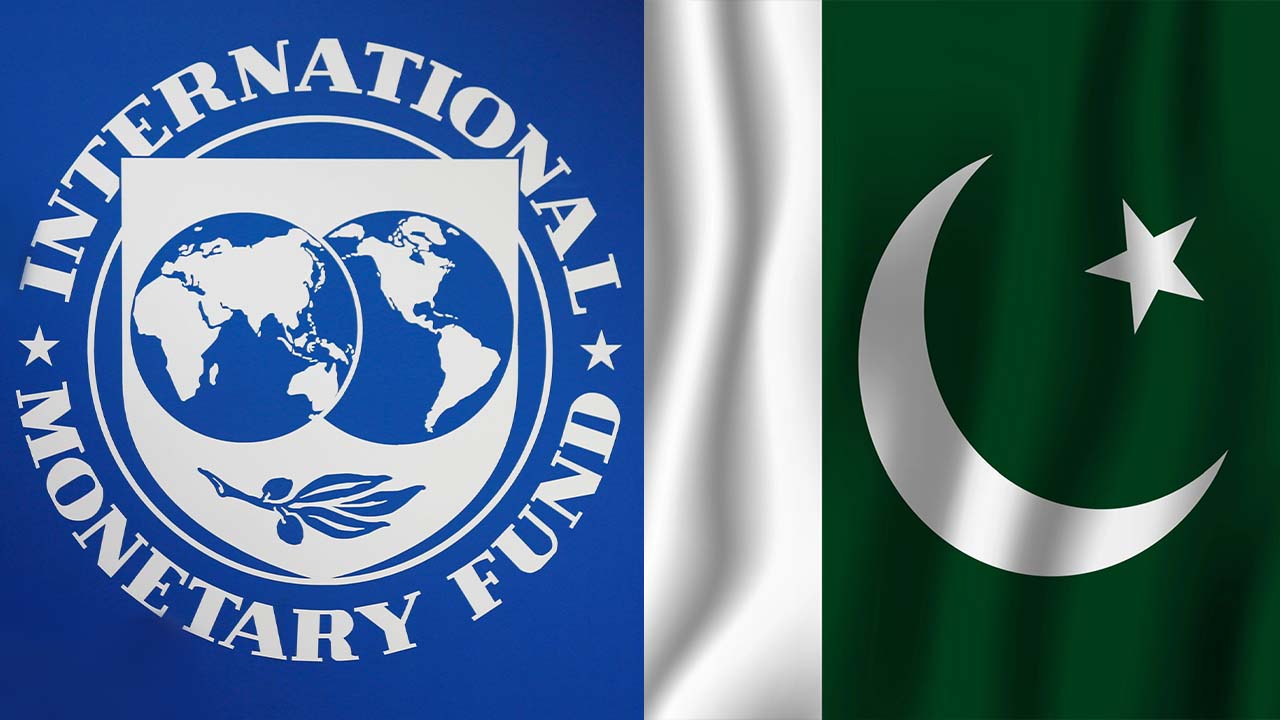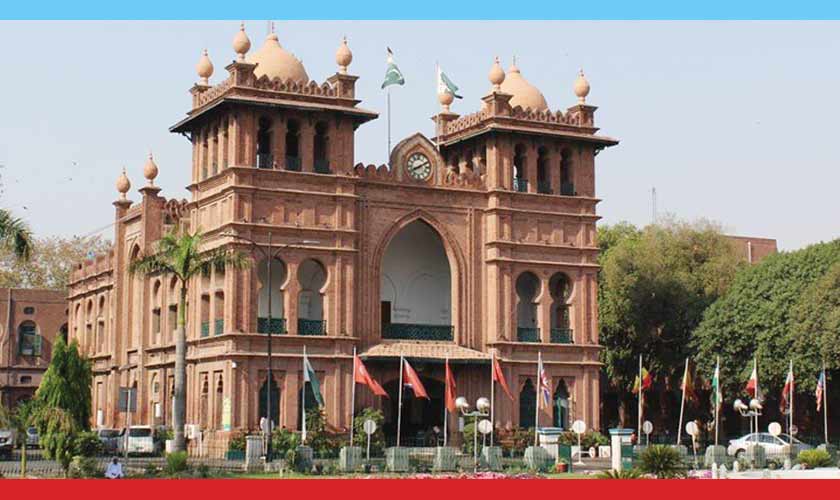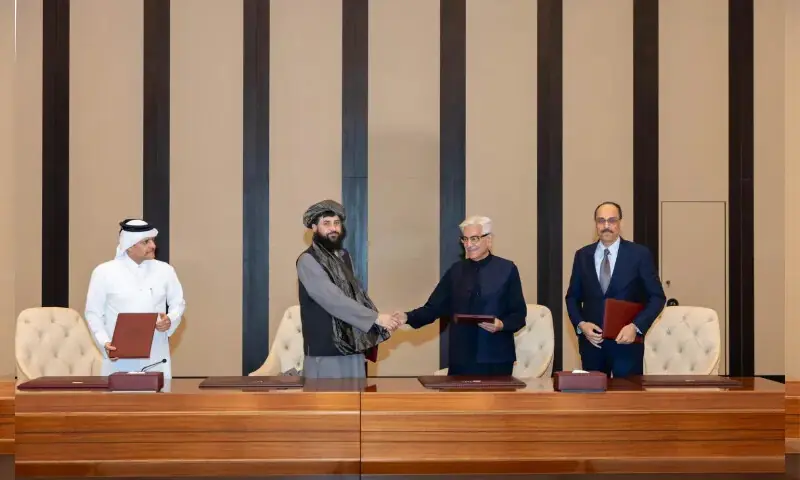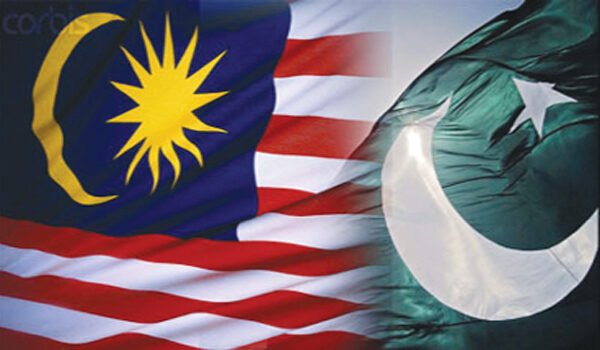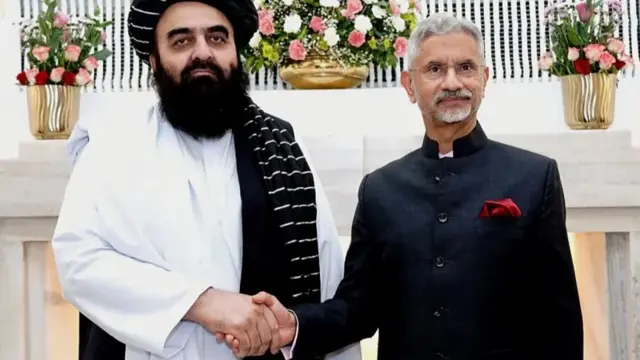Haroon Assad
Political stability is crucial for a country like Pakistan due to its significant impact on various aspects of the nation. Firstly, political stability is essential for economic growth and development. A stable political environment fosters investor confidence, encourages economic activities, and attracts foreign investment, which are all vital for improving the country’s economic outlook and addressing its economic challenges.
Moreover, political stability is closely linked to social stability and security. A stable political climate helps maintain law and order, reduces social unrest, and ensures the safety of citizens. This, in turn, contributes to social harmony and overall well-being.
Furthermore, political stability is essential for maintaining a positive international image and fostering healthy diplomatic relations. A politically stable Pakistan is better positioned to engage with the international community, negotiate beneficial trade agreements, and collaborate on important global issues, thereby enhancing the country’s standing on the world stage.
Additionally, political stability is crucial for effective governance and the implementation of long-term development plans. When the government is stable, it can focus on formulating and executing policies that address the country’s socio-economic challenges, infrastructure development, and provision of essential services to its citizens.
In essence, political stability is the cornerstone for sustainable progress and prosperity in Pakistan. It underpins economic growth, social well-being, international relations, and effective governance, all of which are essential for the country’s development and future prospects. Therefore, ensuring political stability is of paramount importance for Pakistan’s national security and long-term prosperity.
Pakistan, a nuclear-armed state, plays a significant role in regional geopolitics. However, its domestic landscape has been marred by persistent political instability, hindering its progress and international standing. This instability stems from a complex interplay of factors, including constitutional violations, institutional dysfunction, and a deeply polarized political discourse.
Constitutional Violations and Institutional Dysfunction:
The 1973 Constitution of Pakistan, which established a trichotomy of power among the executive, legislative, and judiciary, has been repeatedly violated. This disregard for the supreme law has led to a cyclical pattern of political disorder and uncertainty. The military has frequently intervened in the political process, often with the support of the judiciary. This interplay between the military and judiciary has contributed significantly to the instability, as both institutions have overstepped their constitutional boundaries.
Polarized Political Discourse and Lack of Consensus:
The political discourse in Pakistan is characterized by intense polarization, personal attacks, and a lack of consensus on critical national issues. The pursuit of power by various political leaders has overshadowed public interests, leading to a gradual erosion of effective governance. Recent political crises, such as the ouster of former Prime Minister Imran Khan, have further deepened these divisions.
Judicial Overreach and Erosion of Trust:
The judiciary has also played a role in exacerbating political turmoil. Courts have frequently engaged in subjective legal interpretation, at times making decisions that effectively amount to “re-writing the law.” This pattern of judicial overreach has undermined the legal system’s credibility and contributed to the ongoing instability.
Economic Challenges and International Relations:
Pakistan’s economic challenges are deeply connected to its political instability. The country’s fragile economy cannot withstand additional political upheaval. Moreover, this instability has negatively affected Pakistan’s international relations, with foreign investors and international partners increasingly concerned about its political stability and economic outlook.
Conclusion:
Overcoming Pakistan’s perpetual political turmoil requires a concerted effort from all stakeholders. The country’s top political leaders must set aside their differences and work together to end polarization and foster consensus on national issues. The judiciary must return to its foundational role as a neutral arbiter, and the military establishment needs to maintain its constitutional boundaries. Without swift and genuine efforts from all sides, the ongoing instability could pose a severe threat to Pakistan’s national security and future prosperity.





